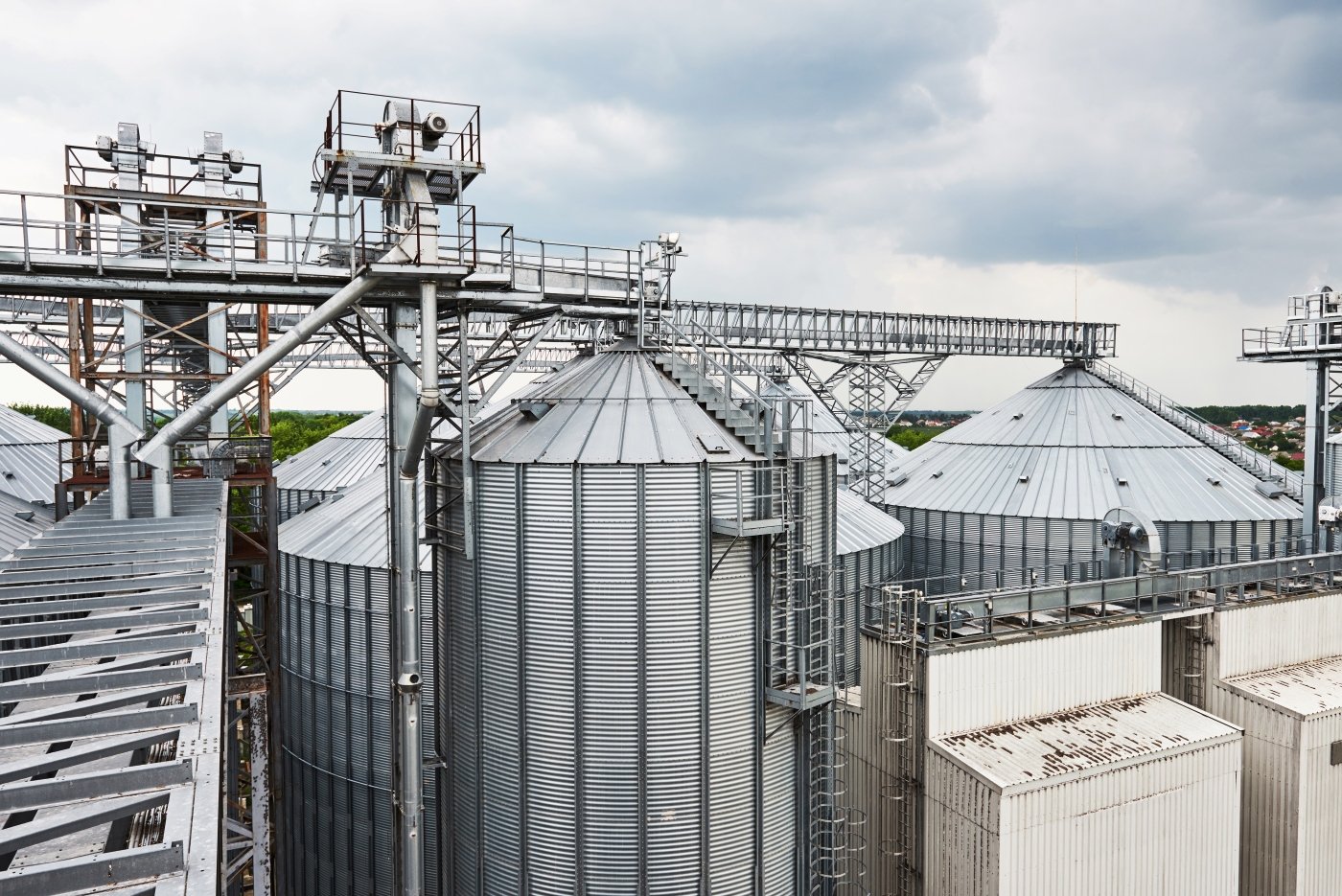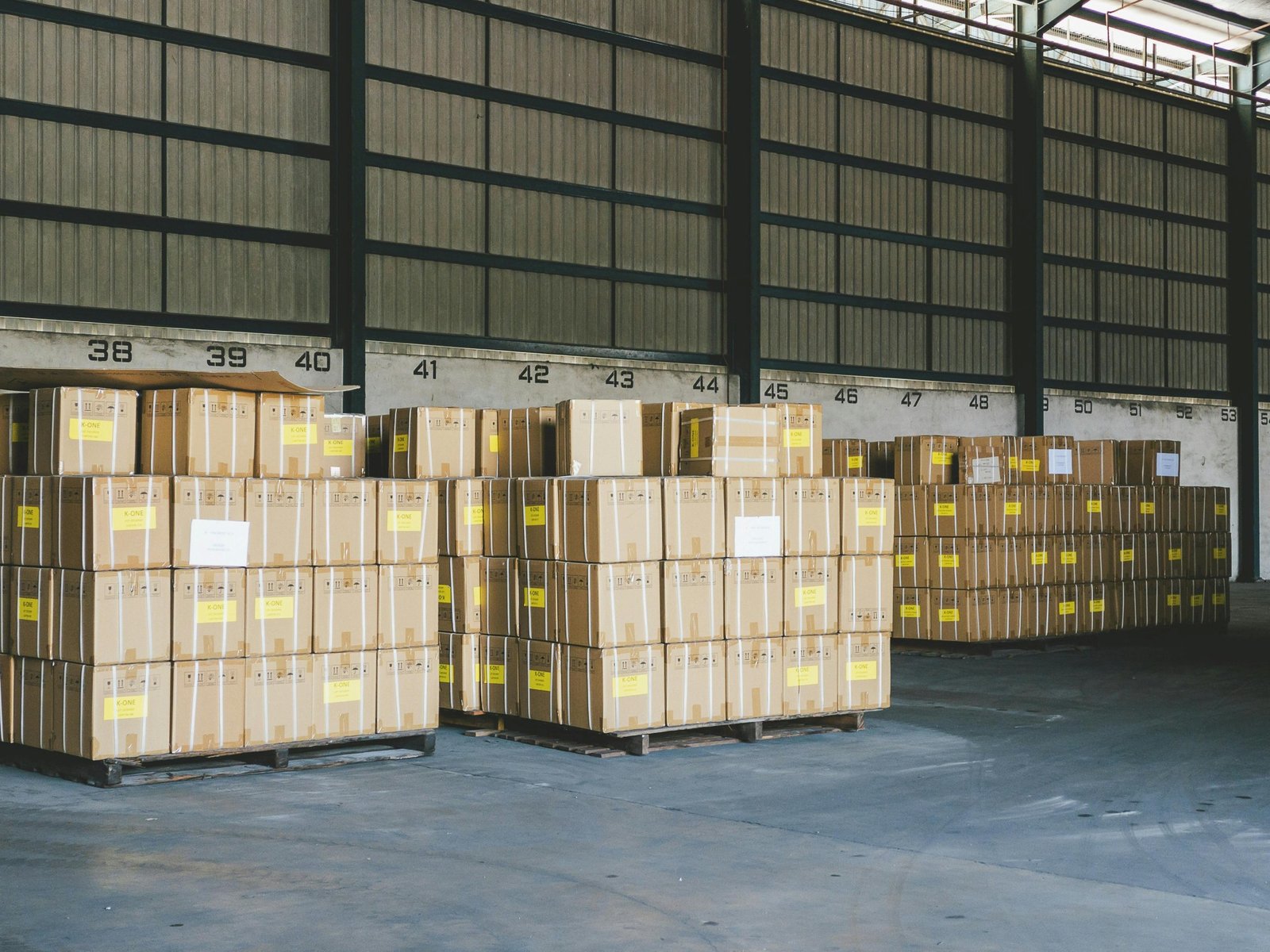Why Is GMP Compliance the Foundation of Food and Pharmaceutical Safety?
In the food and pharmaceutical industries, Good Manufacturing Practices (GMP) are not optional — they are the backbone of safety, quality, and consumer trust. GMP compliance ensures that products are consistently manufactured and controlled according to international standards, reducing risks to public health.
So, why exactly is GMP the foundation of safety in these critical industries? Let’s break it down.

1. Prevents Contamination
-
Enforces strict hygiene standards for workers, equipment, and facilities.
-
Requires proper cleaning and sanitization procedures.
-
Reduces cross-contamination risks between raw and finished products.
2. Ensures Product Consistency
-
Standard Operating Procedures (SOPs) guide every production step.
-
Batch records document processes for traceability.
-
Products meet the same quality standards every time, building reliability.
3. Protects Consumer Health
-
Prevents harmful bacteria, toxins, or foreign objects from entering products.
-
Reduces risks of foodborne illness and unsafe medicines.
-
Safeguards vulnerable consumers, such as children and patients.
4. Strengthens Regulatory Compliance
-
Aligns businesses with international standards (WHO, FDA, EU, Malaysia MOH).
-
Reduces the likelihood of penalties, recalls, or factory shutdowns.
-
Improves chances of export approval and entry into global markets.
5. Builds Customer and Market Trust
-
Consumers feel confident buying products from GMP-certified companies.
-
Retailers and distributors prefer working with compliant manufacturers.
-
Enhances brand reputation and competitive advantage.
6. Reduces Operational Risks
-
Early detection of deviations through monitoring and documentation.
-
Minimizes costly product recalls and waste.
-
Improves workplace safety by reducing hazards.
7. Supports Continuous Improvement
-
GMP audits identify gaps for correction and improvement.
-
Training programs ensure employees stay updated on best practices.
-
Encourages innovation while maintaining strict quality controls.
8. Creates Long-Term Business Sustainability
-
Reliable processes secure customer loyalty.
-
Lower risks lead to financial savings over time.
-
Compliance opens doors to new contracts and international trade opportunities.

Final Thoughts
GMP compliance is not just a legal requirement — it is the very foundation of safety in the food and pharmaceutical industries. From protecting consumers and building trust to ensuring business sustainability, GMP lays the groundwork for success.
👉 At CAYS Scientific, we help businesses implement effective GMP systems that strengthen safety and compliance without unnecessary costs.


